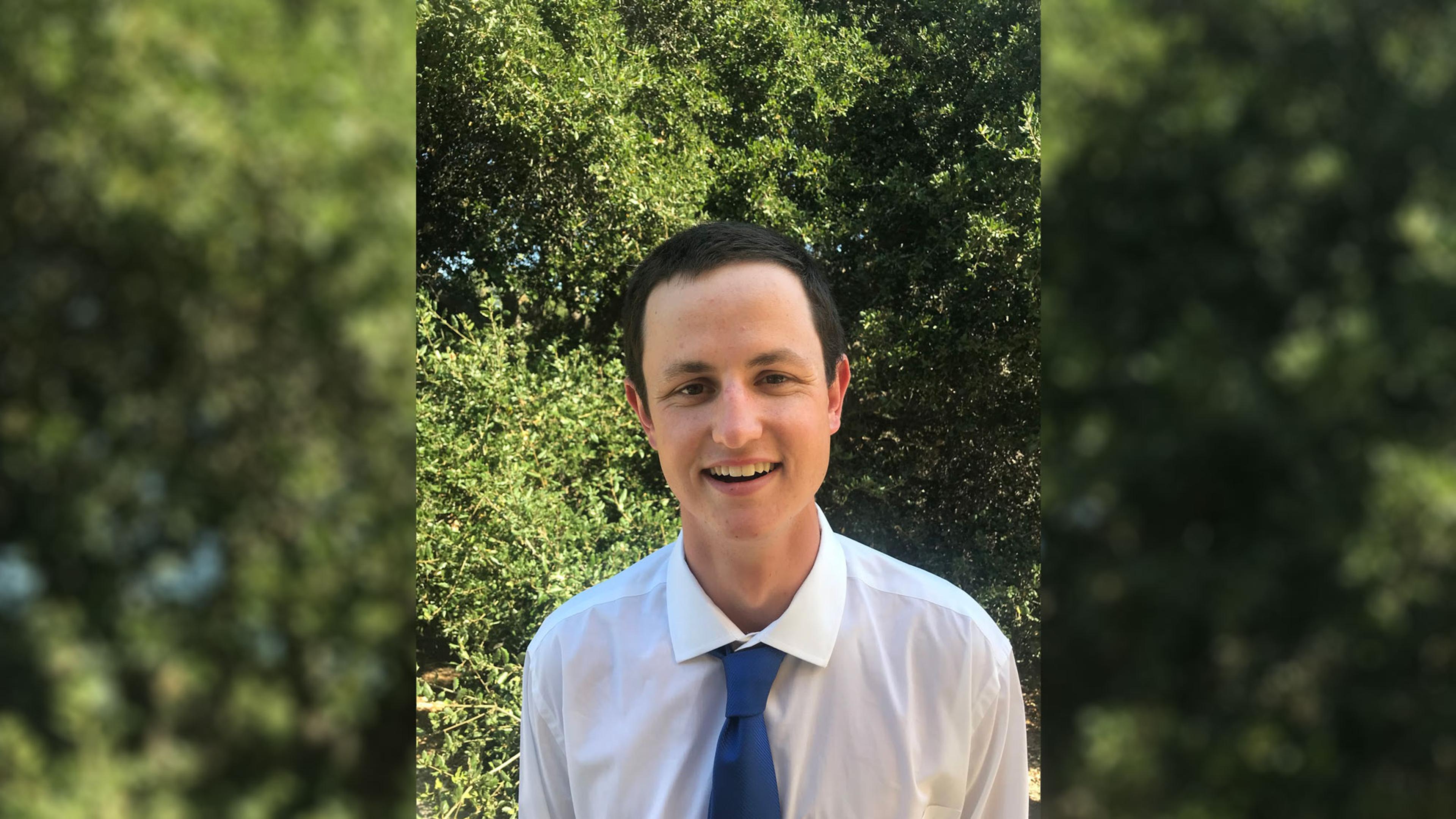I was born to a middle class family and raised in a small town in Northern California. My upbringing was tremendously more fortunate than most but it was not without its challenges. My mother had severe issues with substance abuse and mental health, which created a very toxic home environment. For this reason, I spent as much time as possible at my friends’ houses, often sleeping in their homes. My father was a very supportive force in my life (for the most part) and encouraged me to do well in school and go to college.

I eventually went to Cal Poly, San Luis Obispo on California’s central coast to study Agriculture. Although I had challenges with my mental health for many years, they really started to manifest when I went to school. Depression and anxiety plagued my early college years. I was abusing substances excessively and engaging in behavior that was extremely destructive toward myself and others. I was very troubled and refused to acknowledge that I was making bad choices or that I had real mental health issues. Eventually, I hit a point where I simply had to open my eyes to the world I was living in.
The radical progress I made didn’t happen overnight but it was sparked by finally embracing the fact that I did have emotional baggage from my upbringing. I was abusing substances. I did have mental health issues. I always saw myself as a middle class white kid who had no reason to complain about anything because I was so fortunate. In my mind, any unhappiness I endured was my own fault. I finally woke up and started to realize that I had been facing real adversity in my life and my problems needed to be addressed. Though it took time, I developed habits that allowed me to live with my challenges and tremendously reduce the negative effect they had on me. Practicing mindfulness was certainly the most beneficial practice I developed during this anxious or difficult time and it continues to be my most important habit to this day.
For the first time in my life, I started to feel genuinely happy. I started to enjoy school and got a fulfilling stable job. I developed better, healthy relationships with wonderful people. I graduated ahead of the normal 4-year schedule and decided to apply for the teaching credential program at my university. Then the COVID-19 pandemic hit.
I watched in sadness as people were suffering and dying, devastated by the virus. Within my community, my country, and our world, the virus has caused so much suffering and accentuated the harsh circumstances many have to deal with daily. For me personally, however, the pandemic was almost purely beneficial. I got more hours at work, a raise, stimulus checks, and more free time to devote to my hobbies. Though I had always recognized that I am an extremely fortunate person, this crisis really shined a bright light on my privilege. Despite the challenges I have faced, many, if not most, of the people on this Earth experience much more daily suffering than I ever did. Even though I live in an expensive area and my yearly income floats above or below (depending on who you ask) the local poverty line, I am still way more fortunate than most people in the world.
My decision to make The Giving What We Can pledge is the culmination of my life and experiences up to this point. I know that suffering is purely detrimental for humanity. Anyone who has truly suffered knows that. I credit the minimization and then the end of my suffering to people who are much more altruistic than I ever was. I know that we can make a significant, effective change to uplift the lives of others. It isn’t my place to speak for anyone else but me, but I know that I am insanely lucky to live my life the way I do, and I feel a strong moral imperative to give what I can to improve the lives of others.